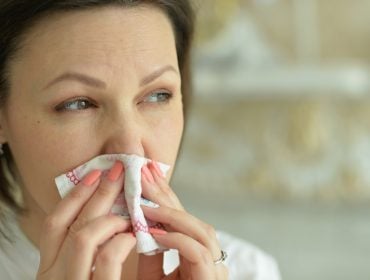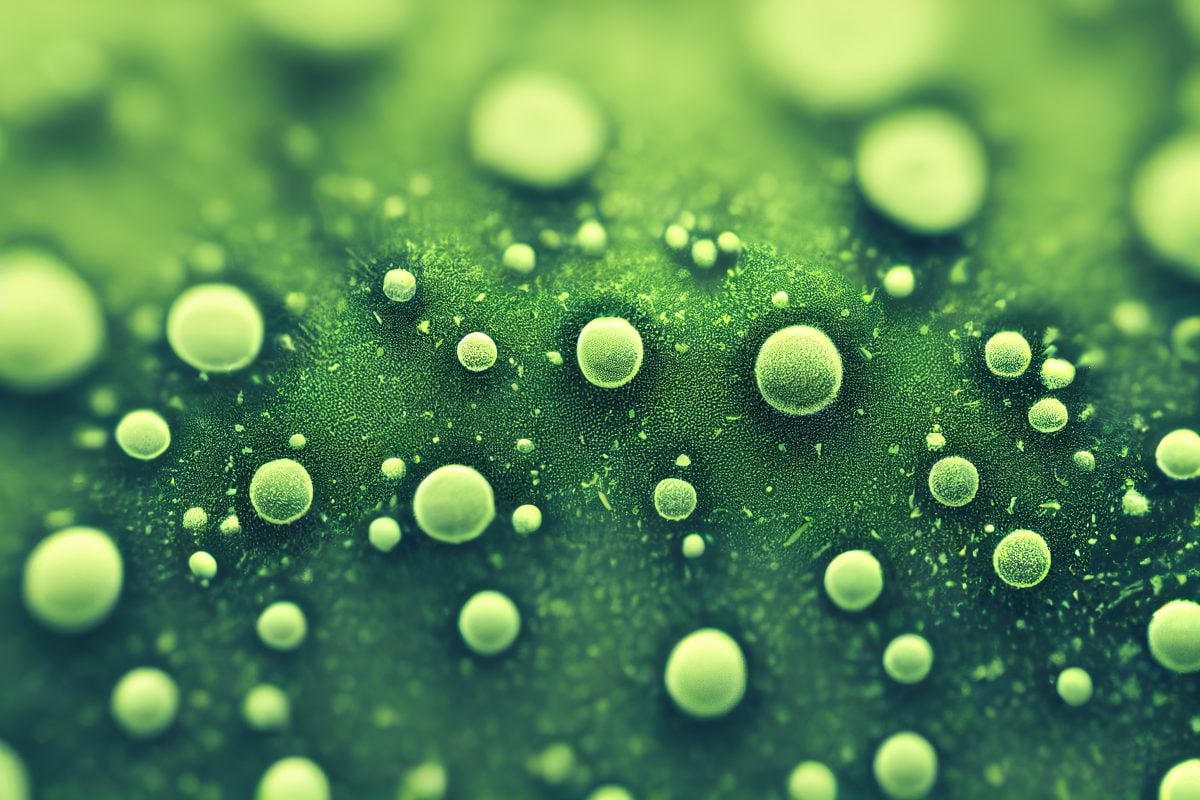Is Mono an STD?
On this page, we answer the question “is mono an STD?” (sexually transmitted disease). Or, could mono be an STI (sexually transmitted infection)? Not only will we answer those questions, but we’ll talk about…
- What is mono?
- Discuss treatments
- Discuss whether mono is contagious.
- Discuss if you can get mono twice
Mononucleosis, commonly known as “mono,” is a viral infection that is caused by the Epstein-Barr virus, although other viruses can also cause mono. It is characterized by symptoms such as fatigue, fever, sore throat, and swollen lymph nodes, and it is often referred to as the “kissing disease” because it is typically spread through saliva. It can be downright nasty.
Is Mono an STI?
Despite its nickname, mono is not an STD. . STDs are infections that are transmitted through sexual contact, such as gonorrhea, chlamydia, and HIV. These infections can have serious health consequences if left untreated, and it is essential for people to practice safe sex and get tested regularly to protect their health and the health of their partners. That is our mission at STDCheck.com!
Mono, on the other hand, is not transmitted through sexual contact. It is spread through close contact with an infected person, such as through kissing or sharing food or drinks. It is most common in young adults and teenagers, and it is estimated that up to 50% of young adults in the United States have been infected with the Epstein-Barr virus at some point in their lives.

Is Mono Contagious?
Yes, mono is contagious. The virus can also be spread through respiratory secretions, such as saliva or mucus, so it is possible to contract mono by coming into contact with these secretions or by sharing objects such as cups or utensils with an infected person.
The incubation period for mono is typically 4 to 6 weeks, which means it can take up to six weeks for symptoms to appear after a person has been infected. People with mono are usually most contagious during the first few weeks of their illness, although they can still be contagious for several weeks after their symptoms have resolved.
It is important for people with mono to take steps to prevent the spread of the virus to others. This includes washing their hands frequently, avoiding close contact with others, and not sharing food or drinks. While mono is not typically a serious illness, it can be more severe in people with compromised immune systems or other underlying health conditions. It is important for people with mono to take care of themselves and avoid activities that could strain their bodies, such as exercising or playing sports, until they have fully recovered. Over-the-counter pain medications and rest can help alleviate the symptoms of mono, and most people recover fully within a few weeks.
It is important for people to be aware of the symptoms of mono and to take steps to protect themselves and others from infection. If you suspect that you or someone you know may have mono, it is important to see a healthcare provider for a proper diagnosis and treatment.
How Is Mono Treated
As mentioned earlier, Mononucleosis, or mono, is a viral infection. It carries symptoms such as fatigue, fever, sore throat, and swollen lymph nodes. There is no specific treatment for mono, and most people recover fully on their own within a few weeks.
The main goal of treatment for mono is to alleviate symptoms and help the person feel more comfortable while their body fights off the infection. This can involve the following measures:
- Getting plenty of rest: Mono can be exhausting, and it is important to get plenty of rest to allow the body to heal.
- Taking over-the-counter pain medications: Non-steroidal anti-inflammatory drugs (NSAIDs) such as ibuprofen or acetaminophen can help reduce fever and alleviate muscle and joint aches.
- Soothing a sore throat: Gargling with warm salt water, sucking on throat lozenges, and drinking plenty of fluids can help relieve a sore throat.
- Avoiding contact sports: People with mono should avoid activities that could strain their bodies, such as exercising or playing sports, until they have fully recovered.
We would recommend that you see a medical professional if you suspect you have mono, as they can provide a proper diagnosis and recommend appropriate treatment. In some cases, people with mono may need additional medical care, such as intravenous fluids or hospitalization, depending on the severity of their illness.

Can You Get Mono Twice?
It is possible to get mono more than once, although it is not common. Most people who have had mono develop immunity to the virus. However, it is possible for someone who has had mono to be infected with a different strain of a virus that can cause mono-like symptoms. It is also possible for someone who has had mono to develop a secondary infection, such as a bacterial infection, during the course of their illness.
In conclusion, mono is a viral infection that is not an STD. While it can cause unpleasant symptoms and can be more severe in some people, it is generally not a serious illness and most people recover fully within a few weeks. It is important for people to be aware of the differences between mono and STDs and to take steps to protect their health and the health of those around them. We hope we answered the question, is mono an STD? Mono is a viral infection that is treated by relieving symptoms and allowing the body to fight off the infection. Do everyone around you a favor. If you suspect you have mono, see a healthcare provider and follow their recommendations for treatment.
Medically Reviewed by J. Frank Martin JR., MD on December 20, 2022
Secure and Confidential
STD testing services
The fastest results possbile - available in 1 to 2 days

Tagged
Categorized As
Author: STD Check Editorial Team
At STDCheck.com, we go to great lengths to ensure quality content. We’re using our own collection of data. It is not bought or made up for “click-bait” purposes. We don’t entice traffic with cheesy graphics or raunchy headlines. Our information is to promote STD testing, educate people, let go of social stigmas, and bring awareness. We also provide a completely confidential atmosphere through private testing. When we produce an article, it is fact-based. We check it with medical advisors that approve it. Our staff consists of doctors and other medical professionals who peer review the content we make available on STDCheck.com. From all over the world, we have sourced the best and the brightest content developers, including medical professionals, marketing engineers, data scientists, content specialists, and media relations.




